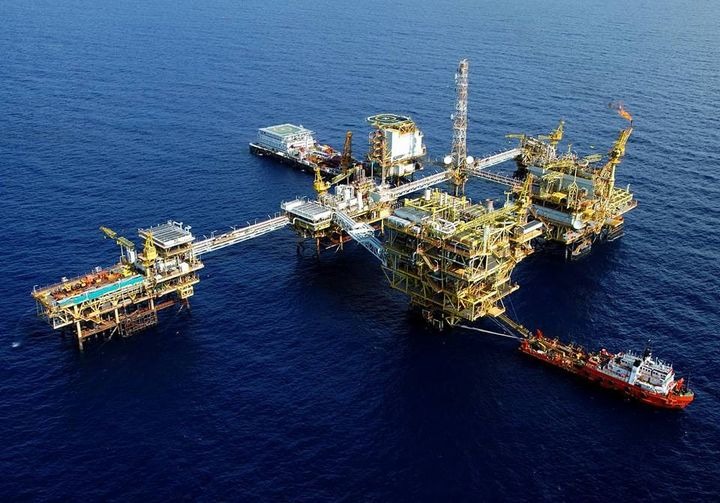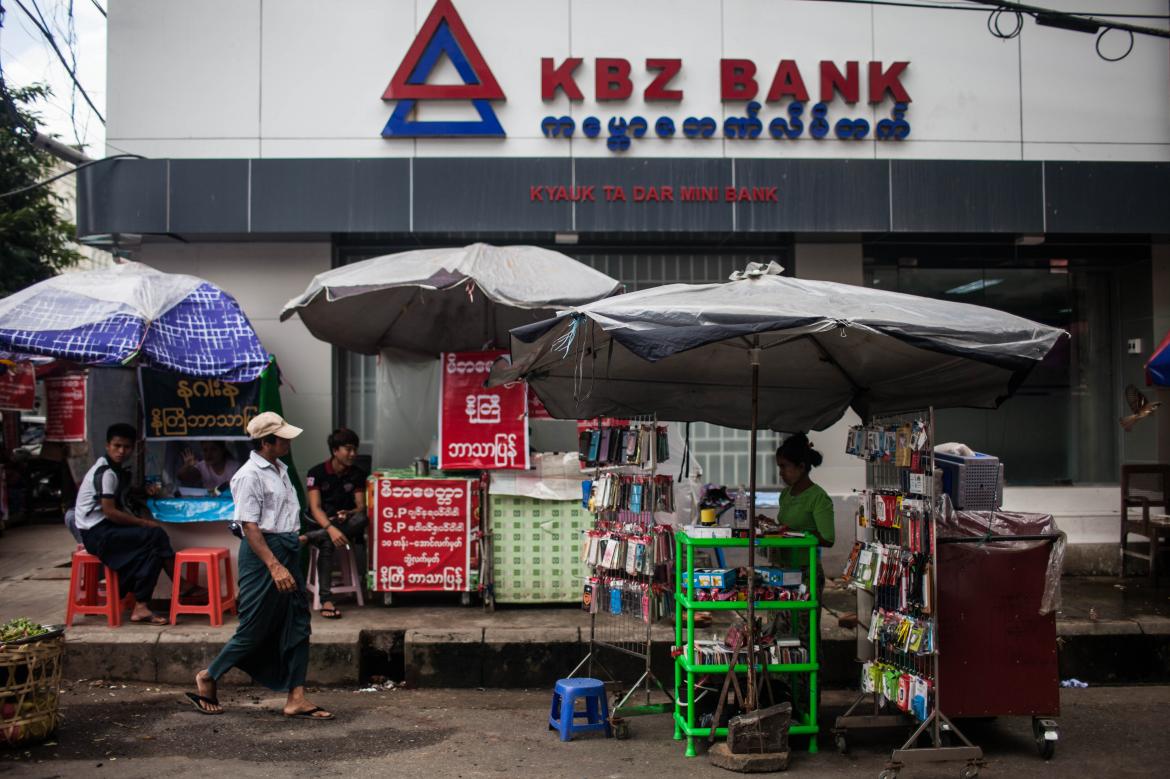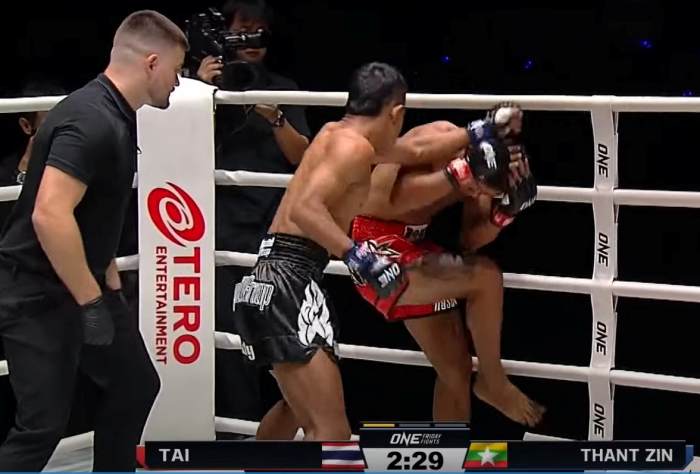
The Shwe Gas project is a major natural gas development initiative located off the coast of Myanmar, in the Bay of Bengal. It involves the extraction of natural gas from several offshore gas fields, including the Shwe, Shwe Phyu, and Mya fields. Here are some key points about the Shwe Gas project:
- Operators and Stakeholders: The project is operated by a consortium led by South Korea’s Daewoo International Corporation (now part of POSCO International), with other partners including India’s ONGC Videsh, Myanmar Oil and Gas Enterprise (MOGE), Korea Gas Corporation (KOGAS), and Gas Authority of India Limited (GAIL).
- Pipeline: A significant aspect of the Shwe Gas project is the construction of a dual pipeline system. One pipeline transports natural gas, and the other carries crude oil. The gas pipeline runs from the offshore fields in Myanmar across the country to the Chinese border, extending into China to provide gas to Chinese markets. This pipeline is part of China’s larger strategy to diversify its energy supply routes and secure stable energy sources.
- Economic Impact: The project is a significant source of revenue for Myanmar’s government, although there has been considerable international concern and criticism regarding how the revenue is used, transparency, and whether the local populations benefit. Myanmar earns revenues from gas sales, transit fees, and taxes associated with the project.
- Social and Environmental Concerns: The Shwe Gas project has faced criticism and opposition from local communities, environmental groups, and human rights organizations. Concerns include environmental degradation, displacement of local populations, lack of fair compensation, and human rights abuses reportedly associated with the project’s implementation. There have also been allegations that the revenue generated has been used to support the military-led government in Myanmar, which has faced international sanctions for human rights violations.
- Strategic Importance: For China, the Shwe Gas project is strategically important as it provides a direct and secure energy supply route, reducing dependency on maritime routes that pass through the potentially volatile Strait of Malacca. This project is part of China’s broader energy and infrastructure strategy under initiatives like the Belt and Road Initiative (BRI).
- Current Status: The project has been operational since around 2013. However, ongoing political and economic changes in Myanmar, especially following the military coup in February 2021, have added layers of complexity to the project’s operation and the overall geopolitical dynamics in the region.
The Shwe Gas project remains a critical infrastructure development in Myanmar, with significant implications for regional energy security, economic development, and local communities.
The Controversial of Shwe Gas project
The Shwe Gas project in Myanmar has been controversial for several reasons, involving environmental, social, economic, and political dimensions. Here’s a detailed look at the main areas of controversy surrounding the project:
1. Human Rights Violations and Forced Displacement
- Forced Relocation: Reports suggest that the project led to the forced relocation of local communities without adequate compensation or alternative livelihoods. People living along the pipeline route and near project facilities were reportedly forced to leave their homes and land, disrupting their lives and livelihoods.
- Labor Abuses: There have been allegations of forced labor and other abuses related to the construction and security of the pipeline. Local communities have accused the military and security forces of coercing villagers to work on the project without pay and under harsh conditions.
- Militarization and Violence: The presence of the project has increased militarization in the area, as the military has provided security for the pipeline and other facilities. This has led to violence, intimidation, and human rights abuses against local populations, particularly those opposed to the project.
2. Lack of Transparency and Accountability
- Revenue Secrecy: One of the major criticisms is the lack of transparency in how the revenue from the Shwe Gas project is managed. The Myanmar government has historically been opaque about the earnings from natural resource projects. There are concerns that the revenue is not being used to benefit the broader population but instead is funneled into military spending or enriches elite groups.
- Limited Public Information: Information about the project’s agreements, environmental impact assessments, and government revenues has not been fully disclosed to the public. This lack of transparency has fueled suspicions and mistrust among local and international stakeholders.
3. Environmental Concerns
- Ecosystem Damage: The Shwe Gas project, like many large-scale extraction projects, has raised concerns about environmental degradation. Issues include deforestation, loss of biodiversity, and the impact on marine and coastal ecosystems due to drilling and pipeline construction.
- Pollution: The project poses risks of pollution to air, water, and soil, which could affect local agriculture and fishing industries that communities rely on. The extraction and transportation processes could lead to oil spills and gas leaks, which are harmful to both the environment and human health.
4. Economic Disparities and Local Impact
- Unequal Distribution of Benefits: Critics argue that while the project generates significant revenue, the economic benefits have not trickled down to the local populations. Many communities affected by the project remain impoverished, with little access to basic services or infrastructure improvements.
- Local Livelihood Disruption: Traditional livelihoods, such as farming and fishing, have been disrupted by land confiscation and environmental degradation. The compensation provided, if any, has often been deemed insufficient.
5. Political Dimensions
- Support for Military Regime: The revenues from the Shwe Gas project have been criticized for indirectly supporting Myanmar’s military regime, which has faced international condemnation for human rights abuses. The project’s revenue is a critical source of funding for the government, which opponents argue has been used to sustain military rule and suppress democratic movements.
- National vs. Local Interests: The project has been seen as prioritizing national and foreign interests over local ones. While Myanmar’s government and foreign investors benefit from the project, local communities bear the environmental and social costs.
6. Geopolitical Concerns
- Strategic Interest for China: The Shwe Gas project is strategically important for China, providing a direct energy supply route that bypasses the Malacca Strait, a vital chokepoint. This aspect has raised concerns about Myanmar becoming overly reliant on China and the potential geopolitical implications of such dependence.
- Regional Instability: The project is located in Rakhine State, a region that has experienced significant ethnic tension and violence, including the Rohingya crisis. The presence of a high-value infrastructure project has further complicated the local dynamics and could exacerbate tensions.
7. Legal and Ethical Issues
- Breach of Indigenous Rights: Indigenous groups claim their rights have been violated as the project encroaches on their traditional lands without free, prior, and informed consent. The international community has highlighted the need for respecting indigenous rights in such large-scale projects.
- Violation of International Standards: The project has been criticized for not adhering to international standards for corporate social responsibility and environmental stewardship. This includes accusations that the project partners have ignored due diligence obligations to prevent human rights abuses.
8. Response from Civil Society and Advocacy Groups
- Local and International Opposition: Various local and international human rights organizations, such as EarthRights International, have campaigned against the Shwe Gas project, highlighting the adverse impacts and calling for greater accountability. They have pushed for the implementation of best practices in terms of environmental protection, human rights, and transparency.
The Shwe Gas project is emblematic of the complex challenges faced by large-scale natural resource projects in developing countries, where economic interests often conflict with social, environmental, and ethical considerations. The controversy surrounding it highlights the need for responsible business practices, transparent governance, and the protection of local communities’ rights to ensure that such projects contribute positively to sustainable development and stability.


